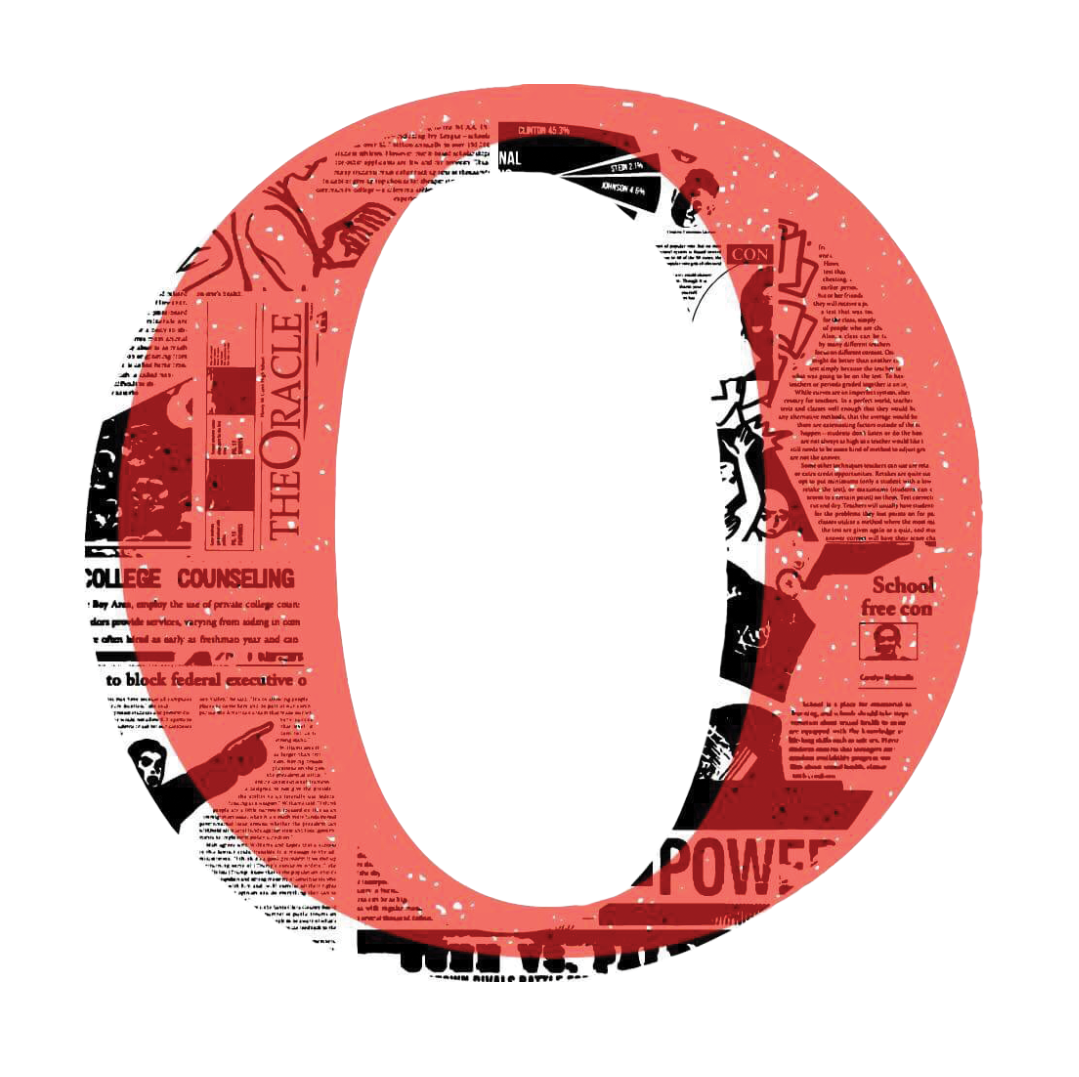Senior Violeta Sedillo: Being an adopted child
Senior Violeta Sedillo has always known she was adopted, as her mom has always been open to sharing and discussing that part of Sedillo’s identity. “My mom told me from a very early age, and this has just always been a part of me,” she said.
When Sedillo’s mom decided to adopt as a single parent, she researched and explored different routes in the adoption process, all of which led to dead ends. Eventually, one of the programs told her about a newborn. “They showed her a picture of a little girl in Guatemala,” Sedillo said. “When she learned about me, she started flying over for a lot of visits around when I was 4 months old. She visited a lot while she was getting background checks, and then when I was around 8 months old, she finally brought me home.”
Though raised by a single mother, Sedillo has always been surrounded by a lot of family. “My mom had a huge ‘welcome home’ party when she brought me home with all my extended family,” she said. “Everybody was there to greet me and meet me, and it was really sweet.” The support from her extended family, who has always lived close by, continued throughout her childhood. “Since my mom is a single parent, having to take care of a kid and also go work was a lot,” she said. “She relied on a lot of aunts and grandmas to help out with me when I was younger. My grandma lived close to us, and that was really helpful for my mom when she needed time to go to work or run errands.”
Sedillo also gathers with her extended family for many holiday traditions. They often celebrate multiple cultures through a blend of American and Mexican dishes on the Fourth of July. “Every Fourth of July, we would go over to my aunt’s, where we’d have huge parties with all our relatives and have a huge feast,” she said. “The Fourth of July was an amazing and fun time for us because all the cousins would run around while the adults were laughing and having a good time.”
When she was younger, Sedillo struggled with understanding her identity, having questions about who she was and where she was from due to not knowing anything about her biological parents. Over time, she became more conscious of the difference between her family and her friends’ conventional ones. “It was more of an internal struggle with understanding that I’m not limited to just one side of my culture and accepting that there are definitely more sides and one doesn’t have to be more important than the other,” she said. “As I grow up, it’s been more like ‘yeah, I’m adopted—this is a cool part of me now.’”
Sedillo’s comfort in her identity has grown since she was younger. “I’ve definitely become more secure in who I am,” she said. “Now I know that even though I don’t know my biological family, I still am a part of a family and community that have helped make me who I am.”
Despite the unknowns about her biological parents, Sedillo’s mom has always encouraged open conversations about the challenges she faced with reconciling her adoption and identity. “These conversations helped me tackle questions I had about myself, like ‘Why was I given away?’ or ‘Is there anything wrong with me?’” she said. Even if her mother didn’t have concrete answers, she listened to Sedillo’s concerns. “She would talk through with me what emotions I have and how to be comfortable with those questions, along with comforting me and making sure that I know that my family is here and is very loving and accepting,” she said.
